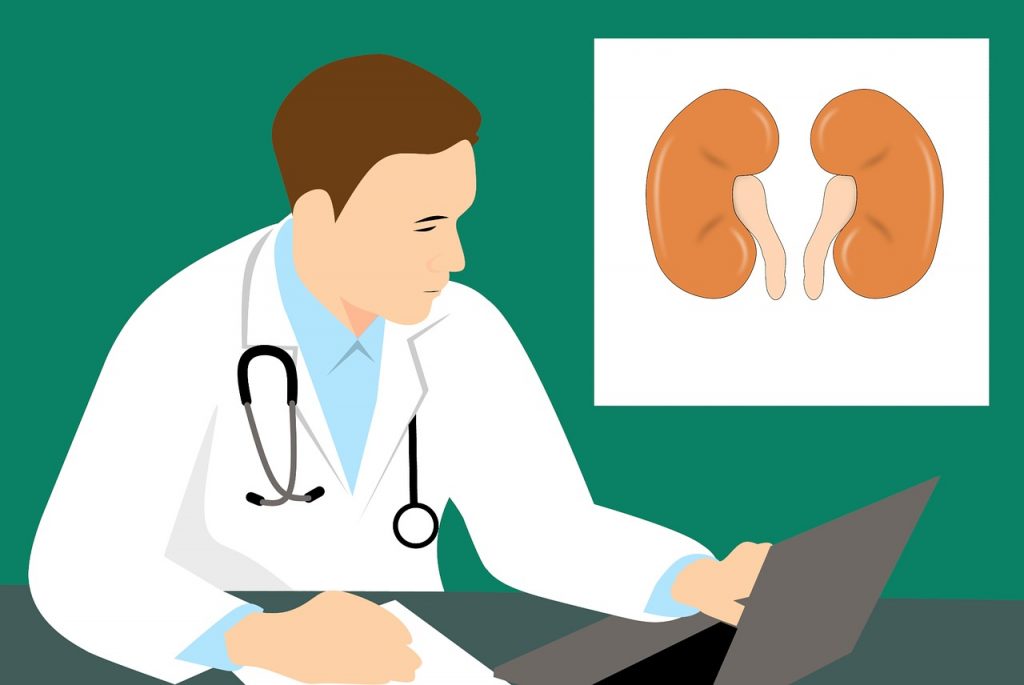Renal failure or kidney failure is a situation in which the kidneys fail to function adequately. It is divided into acute and chronic forms; either form may be due to a large number of other medical problems.
Official Title
Phase 1 Study to Examine the Use of Far Infrared Radiation for Renal Failure.
Conditions
- Kidney Failure
Study Type
Interventional
Study Design
Treatment, Non-Randomised, Open Label, Uncontrolled, Single Group Assignment, Efficacy Study.
Further Details
Primary Outcome Measures:
- Kidney Function Improvement
[Time Frame: 1 year]
[Designated as safety issue: No]
Secondary Outcome Measures:
- Causes of Mortality
[Time Frame: 1 year]
[Designated as safety issue: No]
There are many causes of chronic kidney disease. The most common cause is diabetes mellitus. Acute renal failure is a rapidly progressive loss of renal function, generally characterised by body fluids disturbances and electrolyte derangement.
It is believed that far infrared radiation of the central nervous system, the endocrine system and the kidneys will help in the management of renal failure and a possible cure.
Study Start
February 2008
Eligibility & Criteria
- Genders Eligible for Study: Both
- Accepts Healthy Volunteers: No
Inclusion Criteria:
- People with kidney diseases
Exclusion Criteria:
- None
Total Enrolment
10
Contact Details
Ben Campbell, PhD
416-314-5871
ben.campbell@gaadmedresearch.org
Location:
The Centre for Incurable Diseases
Toronto, Ontario
Canada, M4V 1L5
All content and media on the HealthEngine Blog is created and published online for informational purposes only. It is not intended to be a substitute for professional medical advice and should not be relied on as health or personal advice. Always seek the guidance of your doctor or other qualified health professional with any questions you may have regarding your health or a medical condition. Never disregard the advice of a medical professional, or delay in seeking it because of something you have read on this Website. If you think you may have a medical emergency, call your doctor, go to the nearest hospital emergency department, or call the emergency services immediately.







